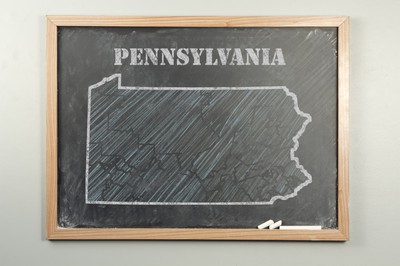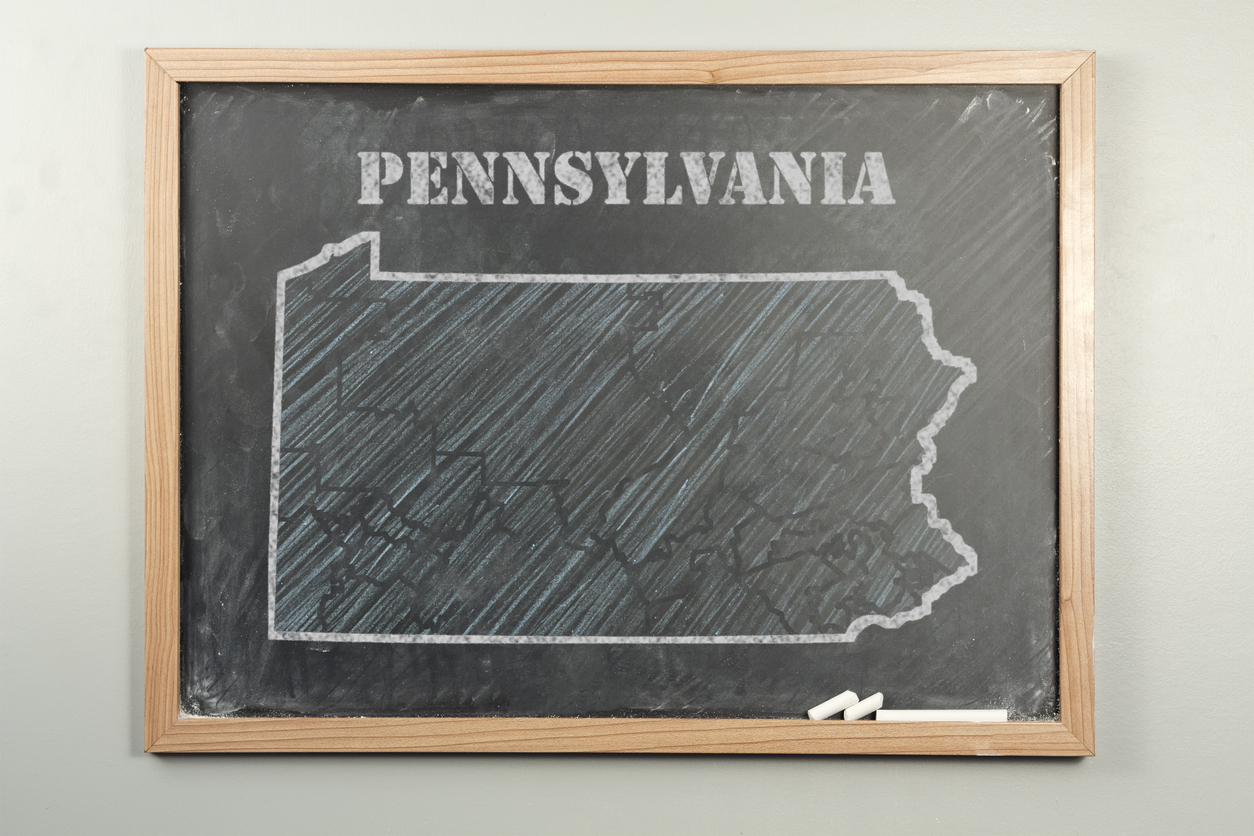
Pennsylvania online poker could be one step closer to becoming multi-state poker after Democratic Governor Josh Shapiro said Thursday that he was in talks with Republican leaders in the Senate on passage of a skill games bill.
Such a bill could be the vehicle that ultimately gets Pennsylvania into the Multi-State Internet Gaming Agreement (MSIGA), a gaming compact that supports interstate real money online poker.
Rep. George Dunbar (R-Jeannette) predicted this scenario was possible after his bill calling for the Keystone State’s membership in MSIGA was not included in the state budget last July.
“That is certainly an avenue we would pursue,” Dunbar told pokerfuse in an exclusive interview Friday. “There’s no reason why [my MSIGA bill] can’t just get attached to it.”
Shapiro said at a press conference that he was in talks with Senate Majority Leader Joe Pittman (R-Indiana) on a skill games bill that would provide much-needed funding for public transportation. Republicans control the Senate while Democrats have the majority in the House.
“Leader Pittman has made clear that he is open to finding mass transit all across the state … by using dollars that could come from regulating and taxing skill games,” Shapiro said Thursday, according to WPVI-TV in Philadelphia. “He sort of married those two concepts together.”
Pittman told the station that Republicans support additional funding for public transportation, which is why the GOP included a one-time $80 million investment for it in the $47.6 billion budget bill that Shapiro signed in July.
The state “does not have endless resources,” Pittman said Thursday.
One week earlier, after the Southeastern Pennsylvania Transportation Authority (SEPTA) had announced proposed fare increases on the mass transit system, Pittman said “we need a new revenue stream which will not place additional pressure on the General Fund.”
Already Proposed Skill Game Bill Could Help Online Poker
With just days left in the legislative session, the quickest option would be to pass a skill games bill that has already been submitted. Dunbar said the most likely choice would be SB 1142, which was introduced by Sen. Frank Farry (R-Langhorne) last April.
There’s no reason why [my MSIGA bill] can’t just get attached to it.
Farry’s bill calls for levying a “local gaming terminal tax” rate of 54%, which is comparable to the tax rates for slot machines at land-based casinos (which range from 53.5% to 55.5%, depending on the category of casino).
The bill has also been languishing before the Senate Community, Economic & Recreational Development Committee since April 5, the day it was introduced. The committee had no hearings scheduled as of Friday.
“[SB 1142] isn’t anywhere near what the governor wants, but let’s get something moving,” Dunbar said. “Understand that I cannot amend it if comes out of the Senate until it get to the House. But if they want to start a bill in the House, I’ll certainly amend any of the House bills with HB 2078 and put it in.”
HB 2078 is the bill that Dunbar introduced in early March. It’s a short bill that merely authorizes the Pennsylvania Gaming Control Board (PGCB) to request to join MSIGA within 30 days of the bill becoming law – a move that would #GrowPApoker.
“If they pass Senator Farry’s bill and send it to us, I certainly will try to attach MSIGA to the bill at that point in time. “That’s certainly the game plan.”
Operators in MSIGA states are allowed to combine their player pools. The resulting shared liquidity leads to bigger prizes, bigger tournaments, more tax revenue, and more excitement for online poker. MSIGA currently includes Delaware, Michigan, Nevada, New Jersey, and West Virginia.
If Pennsylvania were to join MSIGA, a fresh round of network combinations would likely come into force, with operators taking advantage of an expanded player pool of 42.5 million, up from 29.5 million with just the five aforementioned states.
Dunbar, who will be leaving office at year’s end, conceded that time was running out to pass a skill games bill — only a few days remain before this year’s legislative session will end. He said lawmakers rarely introduce legislation after the November election.
“The budget itself only contained a short-term fix for SEPTA funding, so we’ve got to get a solution on,” Dunbar said. “Does that solution have to happen in the fall? No, not necessarily, but it would be nice. Skill games is the easy answer.”
But it’s not the only option.
“Then again, the governor could just sign MSIGA into law — he could just do it without any bill. That’s still out there. Meanwhile, we wait.”

